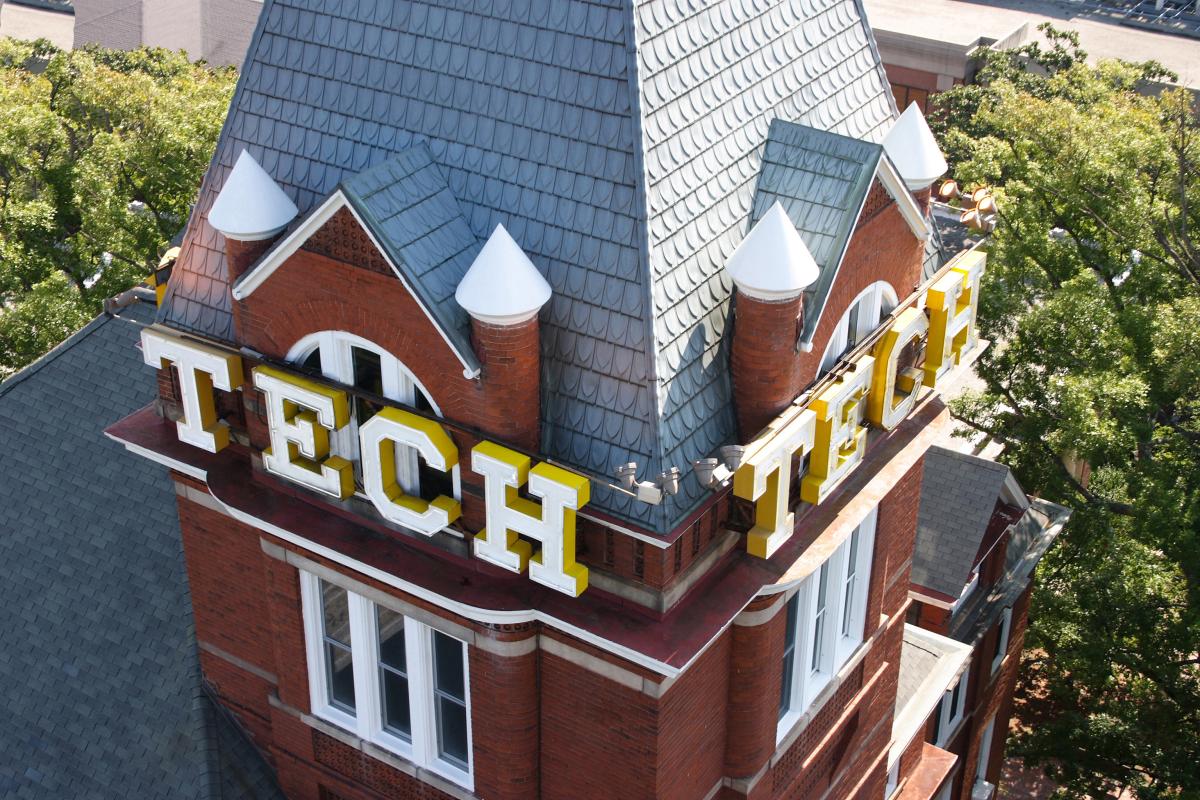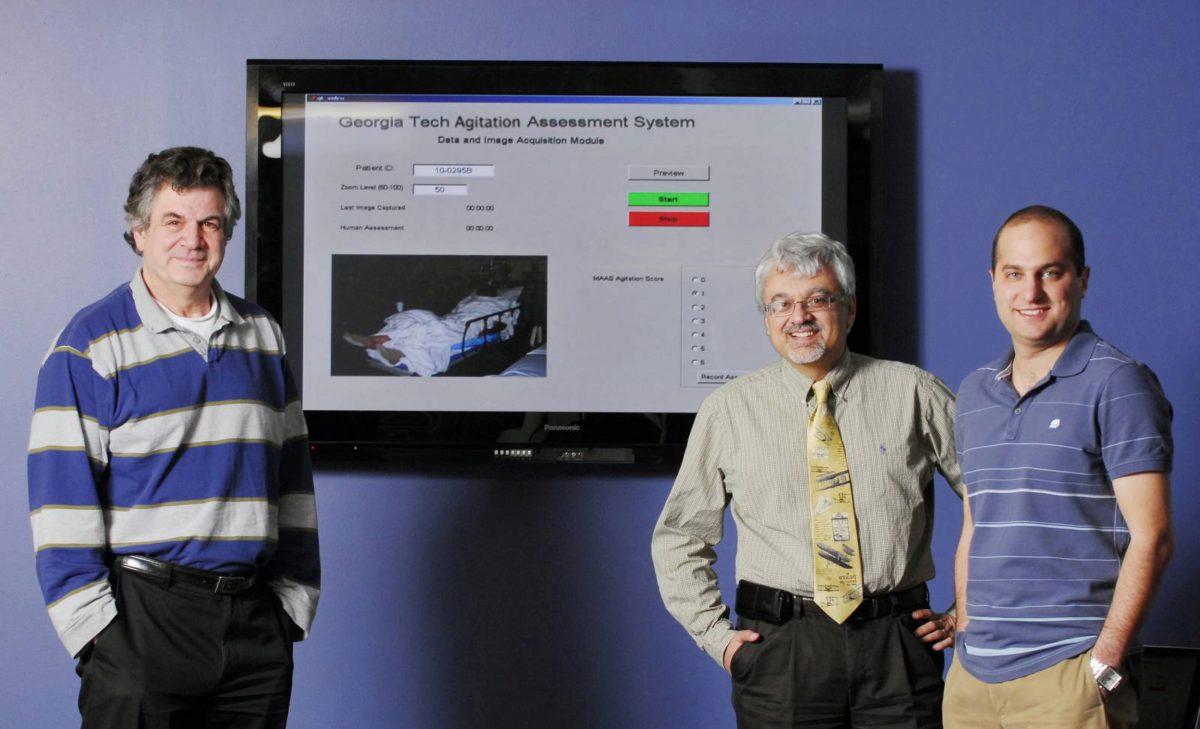
Researchers in Georgia Tech's College of Engineering have developed control algorithms that use clinical data to accurately determine a patient’s level of sedation and can notify medical staff if there is a change in the level. This new technology can be applied in hospital intensive care units (ICUs) to lessen the strain on ICU nurses.
According to one of the project’s chief researchers, “If we can use control system technology to automate the task of sedation, patient safety will be enhanced and drug delivery will improve in the ICU.” Sedation levels are measured and assessed as either “agitated” or “not agitated;” the hospital staff uses these levels to determine the level of attention the patients need.
Typically, patients in the ICU are in a great amount of pain and sedation is crucial in maintaining their comfort and safety. “Manual sedation control can be tedious, imprecise, time-consuming and sometimes of poor quality, depending on the skills and judgment of the ICU nurse,” said Wassim Haddad, a professor in the Georgia Tech School of Aerospace Engineering. “Ultimately, we envision an automated system in which the ICU nurse evaluates the ICU patient, enters the patient’s sedation level into a controller, which then adjusts the sedative dosing regimen to maintain sedation at the desired level by continuously collecting and analyzing quantitative clinical data on the patient.” Future work in this discipline will involve the development of objective techniques for assessing ICU sedation using movement, facial expression and responsiveness to stimuli.
Working with Haddad on this project are James Bailey, the chief medical informatics officer at the Northeast Georgia Medical Center, Allen Tannenbaum and Behnood Gholami. Tannenbaum holds a joint appointment as the Julian Hightower Chair in the Georgia Tech School of Electrical and Computer Engineering and the Wallace H. Coulter Department of Biomedical Engineering at Georgia Tech and Emory University, while Gholami is currently a postdoctoral fellow in the Georgia Tech School of Electrical and Computer Engineering.
